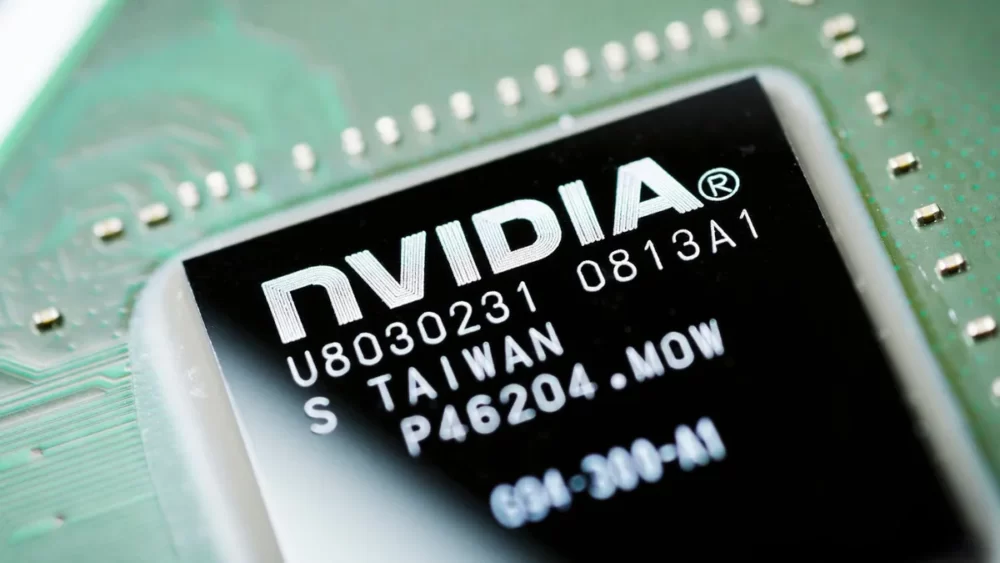Nvidia was compelled to produce new AI chips for China as the previous ones were too powerful for export according to the US export laws. But now even these new chips will have to be delayed until early 2024 due to the same US export regulations.
According to a report from Reuters, Nvidia is facing a setback with its new H20 chip, which is the most powerful among the new trio of AI hardware meant for China. Although specific details about the setback remain unknown, Nvidia remains confident that it will be able to ship the new chips during the first quarter of 2024, likely through February or March.
During October this year, the American chipmaker, which is now a $1.2 trillion company, conveyed its confidence that the newly imposed export controls would not have a substantial short-term impact on them. Nvidia had originally scheduled the unveiling of its latest products around November 16, which was last week.
The inside sources available to Reuters chose to stay anonymous and Nvidia did not provide an official comment on the matter.
On Friday, Nvidia witnessed a decline of over 1% in its stock price, a reaction to the delay in China. Despite this setback, the California-based company continues to be a standout performer on the NASDAQ, showing an impressive year-to-date increase of 237% in 2023.
China is a major customer for Nvidia as approximately 20-25% of Nvidia’s revenue in its data center business is attributed to the world’s second-most populous nation.
This is why Nvidia has put great emphasis on developing its AI chips for China so it can maintain its market share followed by the challenges imposed through the export restrictions introduced by Washington. The trillion-dollar company is also looking to address challenges from rivals in the Chinese market such as Huawei which has gained ground due to the absence of Nvidia’s A800 and H800 AI chips, restricted by stricter U.S. export regulations.
In addition to the H20 chip, Nvidia is working on two other chips, namely the L20 and L2. Fortunately for Nvidia’s investors, the L20 is believed to be progressing according to its initial schedule and remains unaffected by delays. The fate of the L2 chip, however, remains largely unknown.






